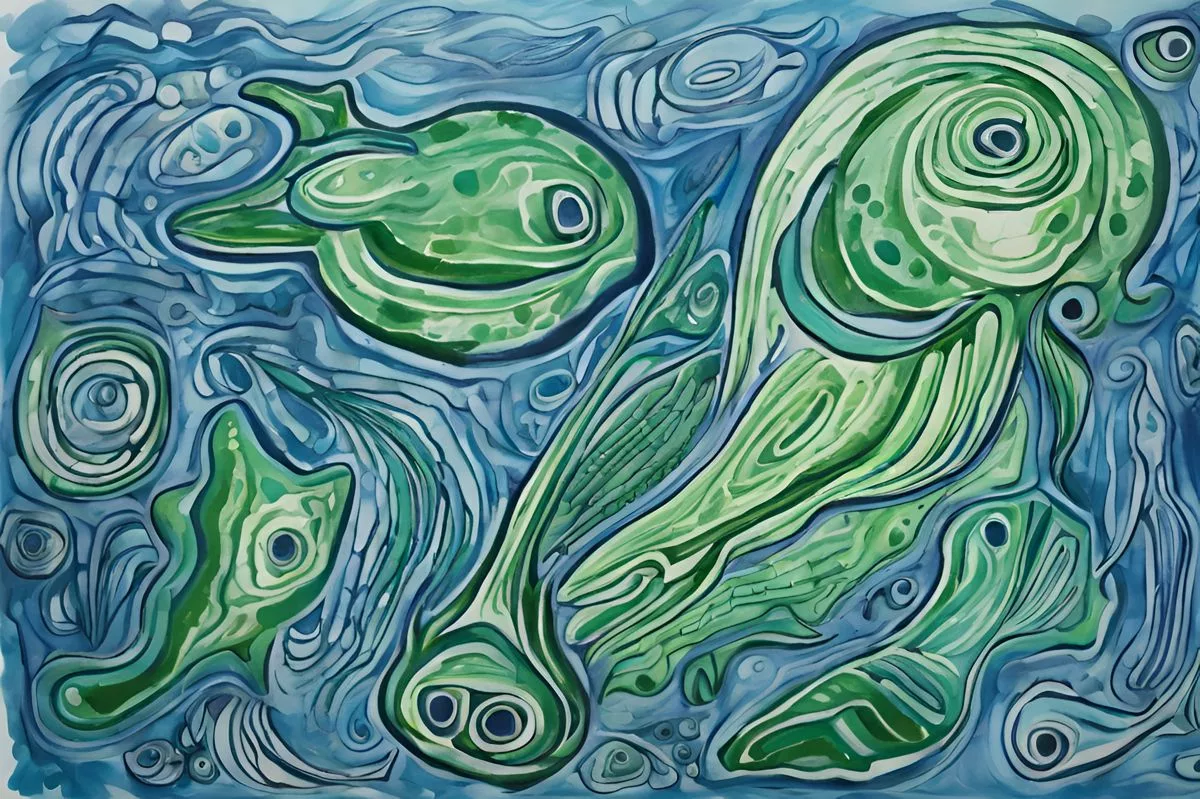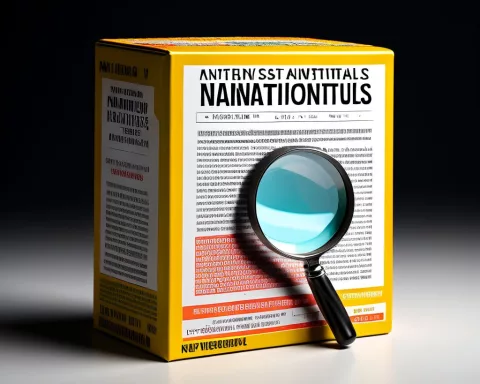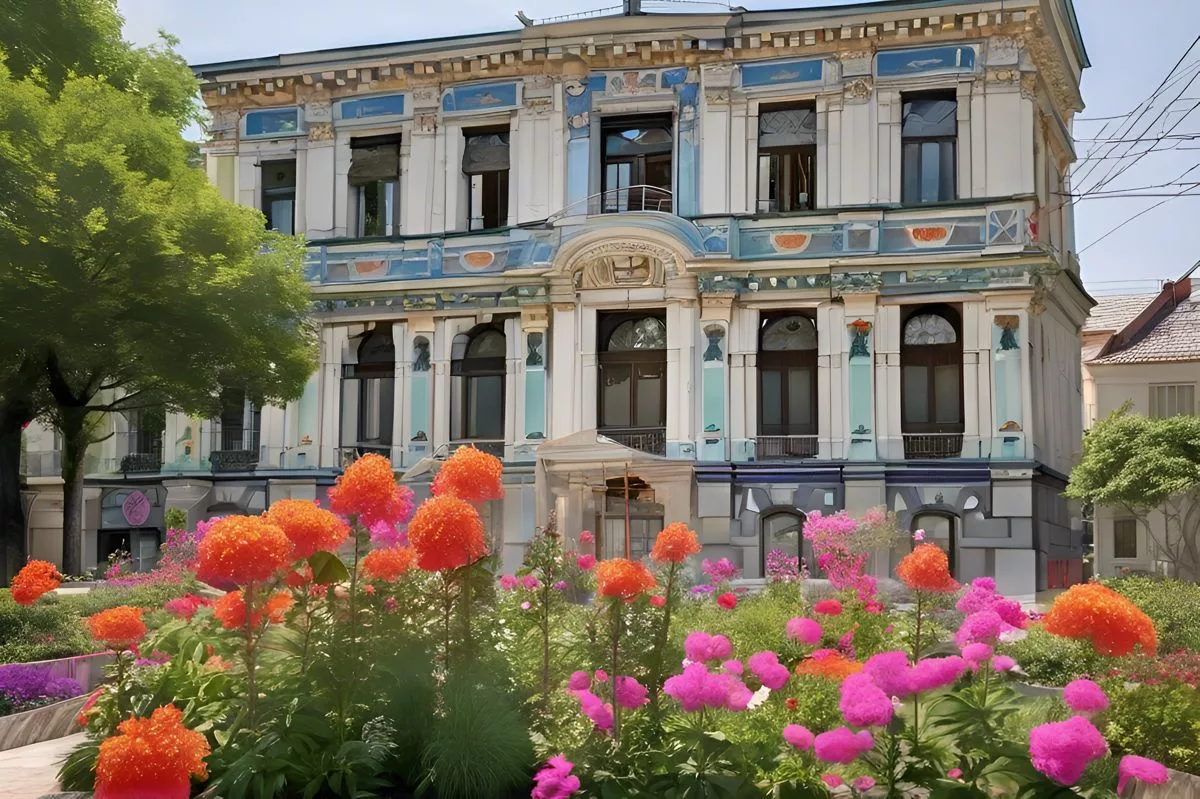The City of Cape Town has submitted a comprehensive report on marine outfalls permits to the Minister of Fisheries, Forestry and Environment, showcasing their commitment to transparency. The report includes a summary of public involvement, comments on marine outfalls, and gathered inputs. The City is also investing heavily in infrastructure, with a budget increase of 226% to improve wastewater treatment and upgrade sewers. Short, medium, and long-term options are being considered for marine outfall operations, with public participation and transparency driving improvements.
What is the City of Cape Town’s report submission on marine outfalls permits?
The City of Cape Town provides a comprehensive report to the Minister of Fisheries, Forestry and Environment on marine outfalls permits, which includes a summary of public involvement, comments on marine outfalls, and gathered inputs. The report is available on the City’s website and plays a vital role as the Minister deliberates on appeals tied to the Department’s authorization of permits.
The commendable commitment to transparency by the City of Cape Town is thoroughly displayed as it provides a detailed report to the Minister of Fisheries, Forestry and Environment. This move is subsequent to a 60-day initiative involving public participation in regards to marine outfalls permits. The report contains a comprehensive summary of the public’s involvement process, comments on marine outfalls and gathered inputs. Any interested party can now freely access this vast information pool courtesy of the City’s website.
This public engagement procedure plays a vital role as the Minister gets ready to deliberate on appeals tied to the Department’s authorization of permits for the City’s marine outfalls. It is important to note that these permits were initially applied for about eight years ago. The Hout Bay permit was approved in 2019, while the Green Point and Camps Bay permits were only granted in December 2022.
The City has openly thanked every person who shared their views during the comment period. The public’s consensus, which aligns with the City’s strategic goal of enhancing the current effluent treatment at the outfalls, is indeed encouraging.
Scoping Study and Infrastructure Investment
The City had the foresight in 2023 to instigate a scoping study aimed at exploring future alternatives for the treatment of effluent from the three marine outfalls. The study also provided a predicted cost for each proposition. While further feasibility and environmental impact studies are still ongoing, the City is concentrating on immediate options such as refurbishment, replacement, and maintenance to extend the lifespan of the existing treatment infrastructure.
The City’s determination to improve wastewater treatment and upgrade sewers is evident in its substantial financial commitment. The infrastructure budget has impressively increased by 226%, from R2,3bn in 2022/23 to a staggering R7,8bn in 2025/26.
During the public participation stage, people had the chance to make submissions and participate in six community engagement sessions. A sum of 1,979 comments about marine outfalls were received and all were carefully sorted and responded to in detail. Treatment quality emerged as the primary concern for 54% of the comments.
Successful Outfall Operations and Future Plans
The City’s trio of marine outfalls – Camps Bay marine outfall (1977), Hout Bay marine outfall (1993), and Green Point (1993) – have been in efficient operation for a period of between 31 to 47 years. The Green Point and Hout Bay marine outfalls were recipients of the esteemed Green Drop Awards in 2022 for their compliance with original design parameters for disposing of screened effluent.
The City remains proactive and continuously liaises with the DFFE to enhance outfall operations further. The Department has approved the City’s proposition to modify the terms of reference of the City’s existing Section 80 Advisory Committee, thereby changing it into a Permit Advisory Forum (PAF) to supervise ongoing compliance. Furthermore, the City is sharing sampling data with the DFFE and engaging the Minister to match the permit outfall volumes with the outfalls’ design capacity in the current appeals determination process.
In terms of wastewater discharge, 95% is from WWTW compared to 5% from the three outfalls in Cape Town. Coastal outfalls are a common practice worldwide subject to local engineering and environmental pollution legislation and guidelines.
Short, Medium, and Long-term Objectives
The recent scoping study suggested several short, medium, and long-term goals for the City’s consideration regarding marine outfalls. The feasibility of these options depends on budget availability and the outcomes of further feasibility and environmental impact studies. The short-term option involves refurbishing the existing marine outfalls infrastructure, which includes pump stations, at an estimated cost of R100 million.
Medium-term options incorporate expanding the marine outfalls area to exclude the environmental protection area while developing and constructing the first phase of a new wastewater treatment works (WWTW) close to or in the vicinity of the existing marine outfalls. The projected cost of these options is between R2 billion and R3 billion.
Long-term options include the construction of pump stations and pipelines to transport wastewater to existing WWTWs as well as extensive construction to expand conventional facilities. These options are estimated to cost between R6 billion to R8 billion. An alternative long-term option is the construction of an entirely new WWTW adjacent to the existing marine outfalls, with a projected cost ranging from R2 billion to R3 billion.
In conclusion, the City of Cape Town’s commitment to improving wastewater treatment and marine outfall operations remains unwavering. This is a powerful demonstration of how public participation and transparency can instigate advancement and improvement in environmental and infrastructural matters.
What does the City of Cape Town’s report submission include?
The City of Cape Town’s report submission on marine outfalls permits includes a summary of public involvement, comments on marine outfalls, and gathered inputs. It is available on the City’s website and plays a vital role as the Minister deliberates on appeals tied to the Department’s authorization of permits.
What is the City of Cape Town doing to improve wastewater treatment and upgrade sewers?
The City of Cape Town is investing heavily in infrastructure, with a budget increase of 226% to improve wastewater treatment and upgrade sewers. The City is also considering short, medium, and long-term options for marine outfall operations, with public participation and transparency driving improvements.
How has the City engaged with the public during the marine outfalls permit process?
During the marine outfalls permit process, the City has provided six community engagement sessions, and people had the chance to make submissions. The City received a sum of 1,979 comments about marine outfalls, and all were carefully sorted and responded to in detail.
What are the short, medium, and long-term objectives for the City’s marine outfalls?
The short-term objective is to refurbish the existing marine outfalls infrastructure, including pump stations, at an estimated cost of R100 million. Medium-term options include expanding the marine outfalls area and developing and constructing the first phase of a new wastewater treatment works (WWTW) at a projected cost of between R2 billion and R3 billion. Long-term options include the construction of pump stations and pipelines to transport wastewater to existing WWTWs as well as extensive construction to expand conventional facilities, which is estimated to cost between R6 billion to R8 billion. An alternative long-term option is the construction of an entirely new WWTW adjacent to the existing marine outfalls, with a projected cost ranging from R2 billion to R3 billion.
What is the current status of the City’s marine outfalls operations?
The City’s marine outfalls, including Camps Bay marine outfall (1977), Hout Bay marine outfall (1993), and Green Point (1993), have been in efficient operation for a period of between 31 to 47 years. The Green Point and Hout Bay marine outfalls were recipients of the esteemed Green Drop Awards in 2022 for their compliance with original design parameters for disposing of screened effluent.
What is the City doing to ensure compliance with marine outfall permits?
The Department has approved the City’s proposition to modify the terms of reference of the City’s existing Section 80 Advisory Committee, thereby changing it into a Permit Advisory Forum (PAF) to supervise ongoing compliance. Furthermore, the City is sharing sampling data with the DFFE and engaging the Minister to match the permit outfall volumes with the outfalls’ design capacity in the current appeals determination process.












